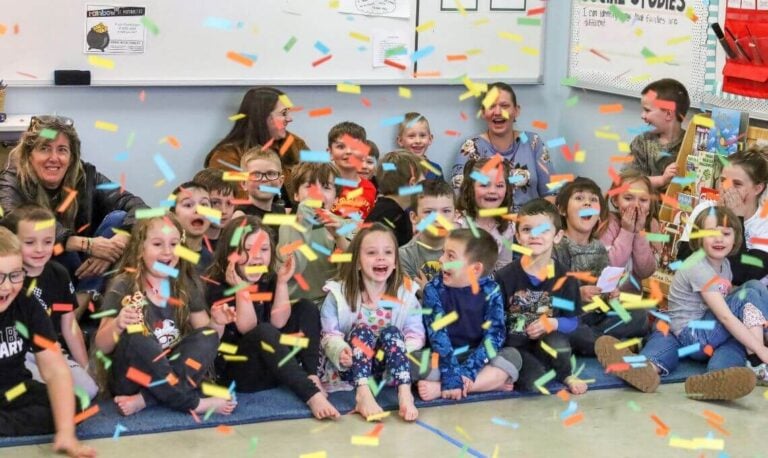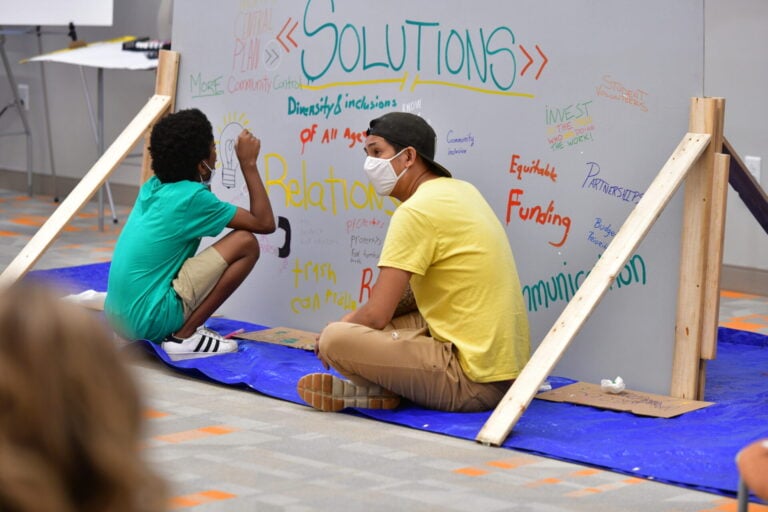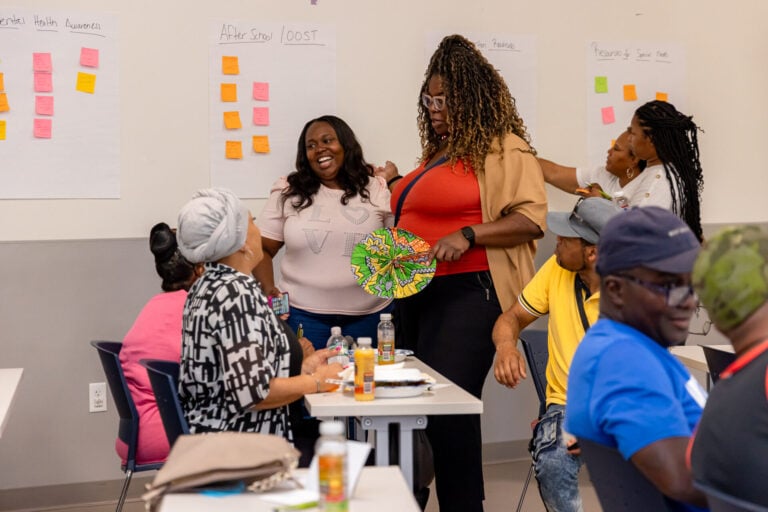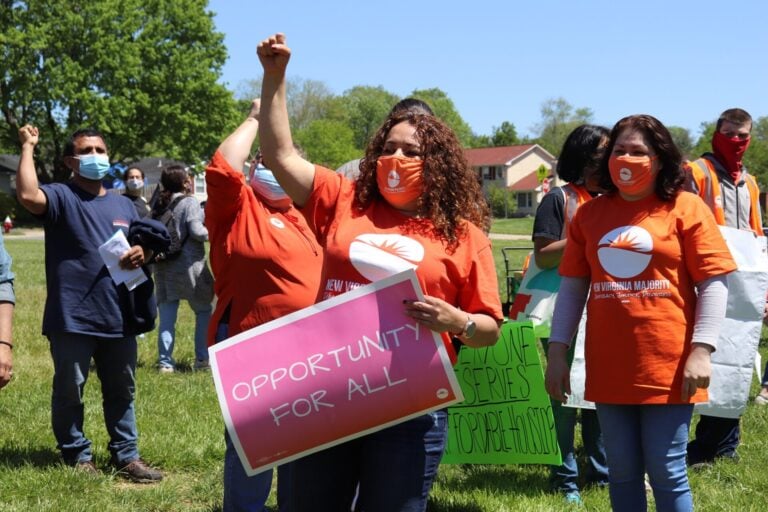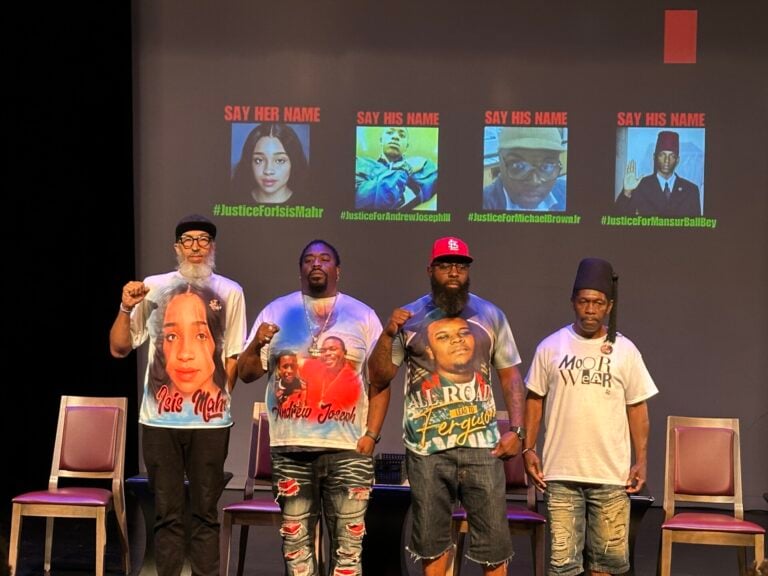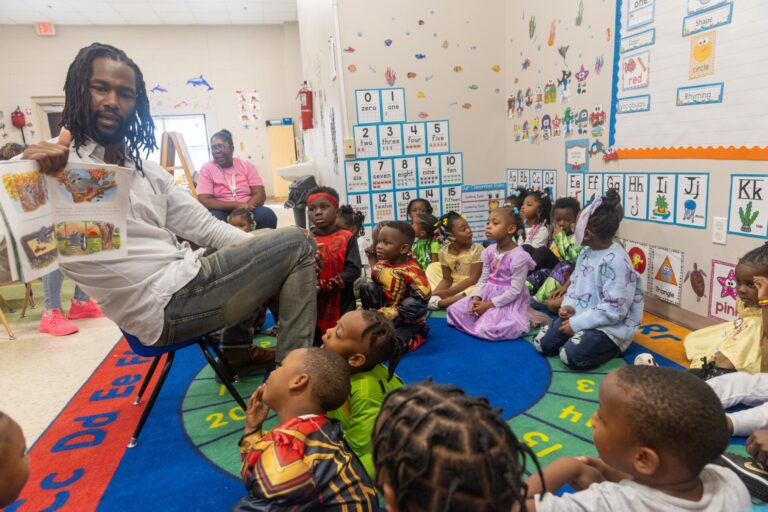It was like Super Tuesday in August at New Hope Housing in Texas. At each of the nonprofit’s eight properties, residents cast ballots into glitter-decorated boxes, electing representatives to the Resident Feedback Collaborative (RFC), a new advisory group launched to increase, enhance, and formalize opportunities for New Hope to hear from the people it serves.
Diana Becerra, a former escrow officer at a title company who was experiencing homelessness before moving into a New Hope apartment, was chosen as her building’s RFC ambassador.
“They call me Miss Ambassador,” she says. “We are the representatives talking to our neighbors and then being a voice about the things that they want and need and that could make things better for everybody.”
New Hope, which provides affordable housing and access to healthcare, financial coaching, and other services intended to stabilize low-income households, used to take the pulse of residents by inviting residents to drop in during once-a-month “coffee and conversation” sessions. But, says Sarah Mangrem, the organization’s director of resident programs, the interactions were spotty and there wasn’t a formal mechanism to handle feedback from those sessions and the occasional surveys New Hope ran.
We began to understand more clearly that we didn’t always need to be in the room.
Sarah Mangrem Director of Resident Programs, New Hope Housing
It was easy to see the organization needed more robust and regular input from residents, Mangrem says, when even serving cookies and punch wasn’t enough to improve attendance at programs like book clubs and support groups. It started participating in Listen4Good, a program to build nonprofits’ capacity for collecting, analyzing, and responding to client feedback. Catalyzed by that work, New Hope also signed on to Change In Mind, a statewide program fostering partnerships between nonprofits and the communities they serve to improve brain health and outcomes for children and families.
At the same time responses to Listen4Good surveys were showing New Hope that residents were interested in less-formal, more resident-led programming, its work with Change In Mind was moving the organization to work more closely with residents in similar ways. When designing and promoting new parent-child bonding opportunities, for example, New Hope used “input from moms as the experts,” Mangrem says.
“We began to understand more clearly that we didn’t always need to be in the room,” she notes about programs across the board. Now, for example, New Hope sponsors book clubs and support groups but without staff or outside facilitators, letting residents set the agendas and run the meetings.
RFC ambassadors also act as partners with New Hope on Listen4Good. They promote survey participation, assist residents who might need help completing the surveys, and share the results with their neighbors, explaining how New Hope is responding.
For upcoming surveys, the ambassadors will have a role from the start, consulting with New Hope on the kinds of questions to ask and how to ask them. They’ll also follow-up with individual residents whose survey answers signal the need for, or interest in, a more personal response.
The RFC is generating its own ideas that New Hope is putting into action, too. Ambassadors will oversee a new buddy system they proposed, intended to build community and organize check-ins – especially for residents who are sick or are less mobile outside their apartments. Ambassadors will also play a role in orientation for new residents, a process that was revamped with input from the RFC and Listen4Good surveys. Ambassadors will welcome new residents, introduce them to their neighbors, and share information about the culture, rules, schedules, and expectations of living at New Hope.
“We are the ones that live here,” says RFC member Becerra. “We know what’s what. We are a wealth of information and so we can help new residents.” She adds that amplifying the voices of ambassadors and other residents can also help New Hope “do what we all want – [provide] opportunities for us to reach our goals.”

